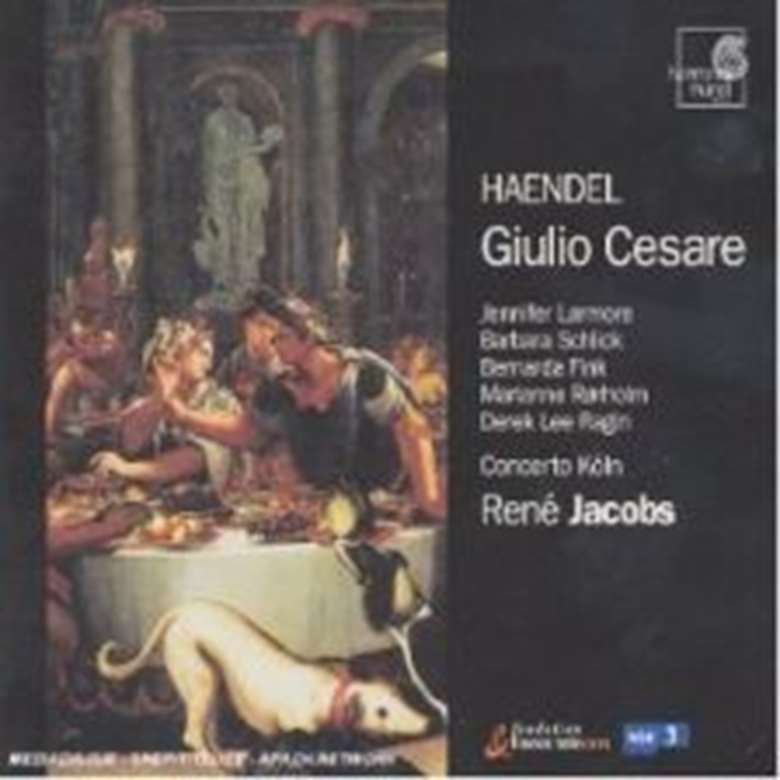Handel's Giulio Cesare
Gramophone
Friday, March 13, 2015
Gramophone recommends some of the very best recordings of Handel's opera

Register now to continue reading
Thanks for exploring the Gramophone website. Sign up for a free account today to enjoy the following benefits:
- Free access to 3 subscriber-only articles per month
- Unlimited access to our news, podcasts and awards pages
- Free weekly email newsletter








